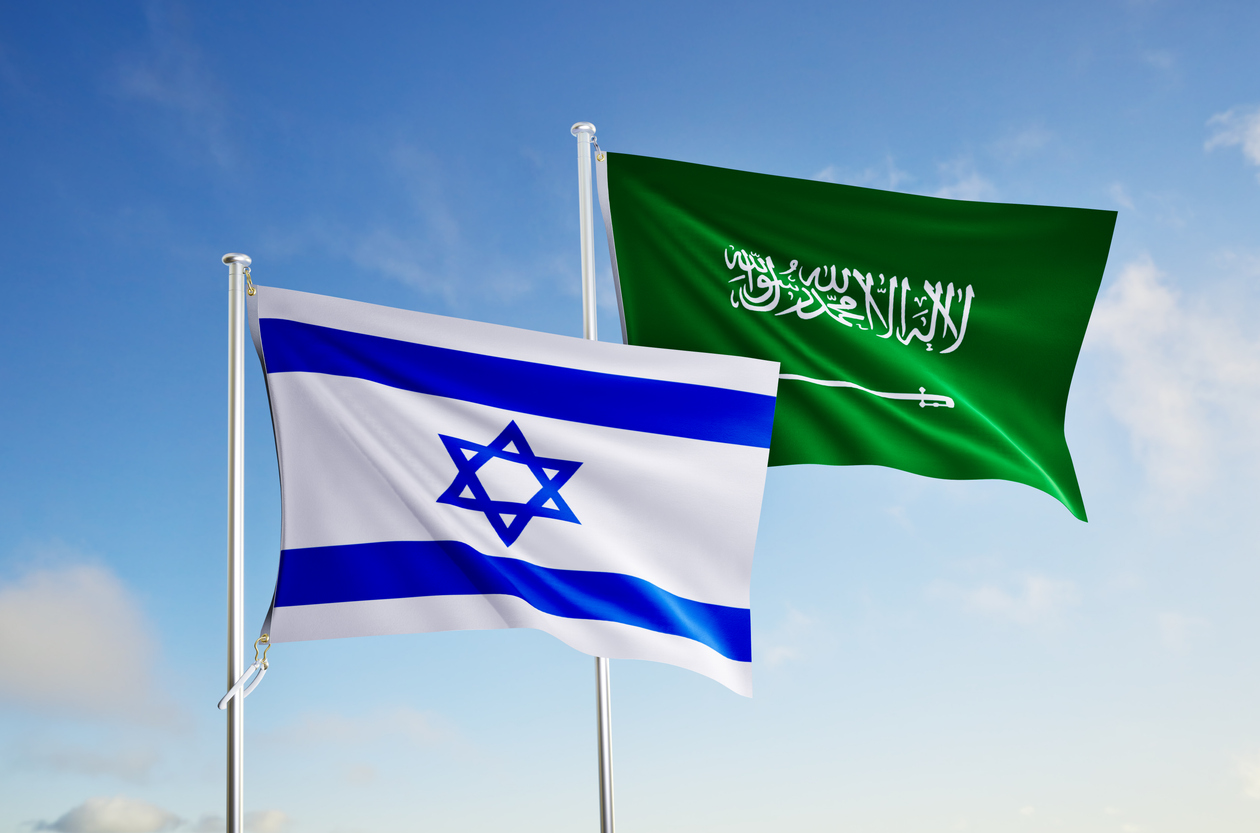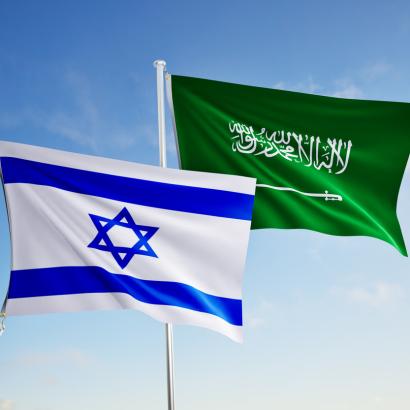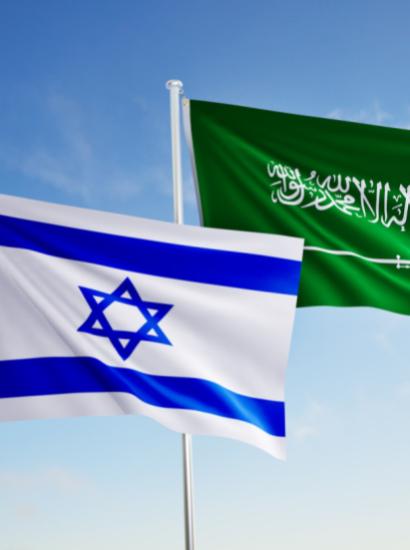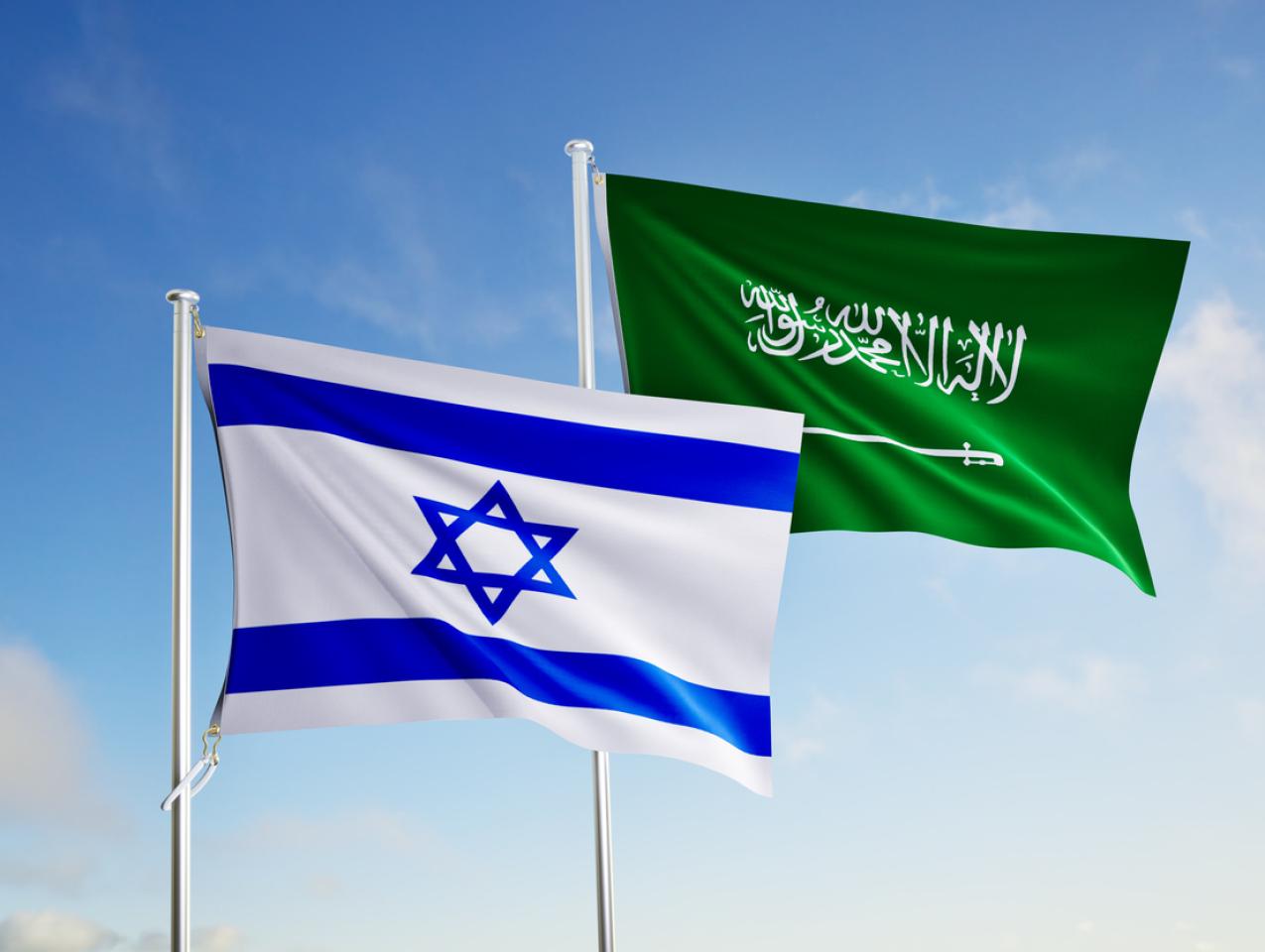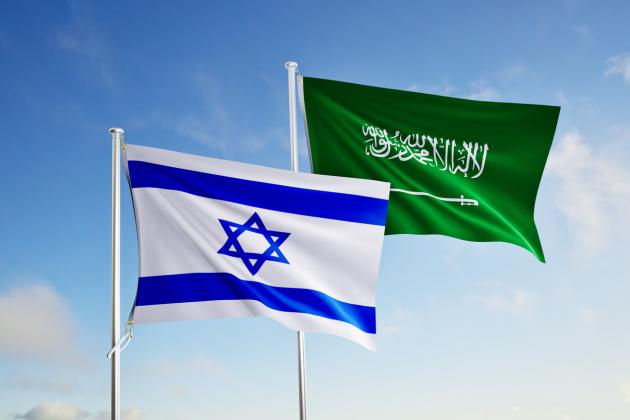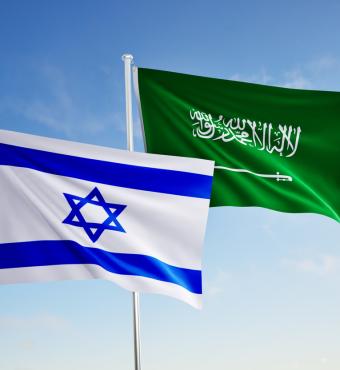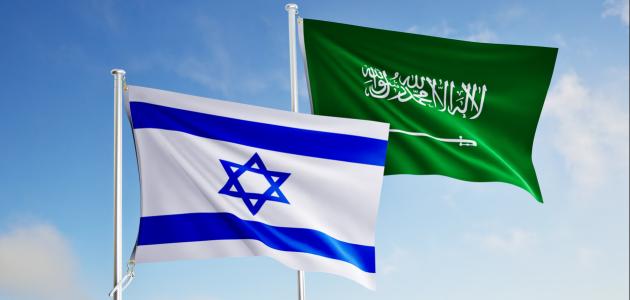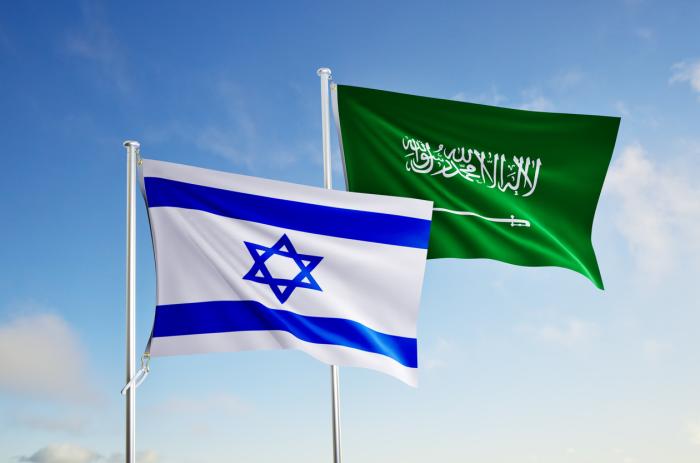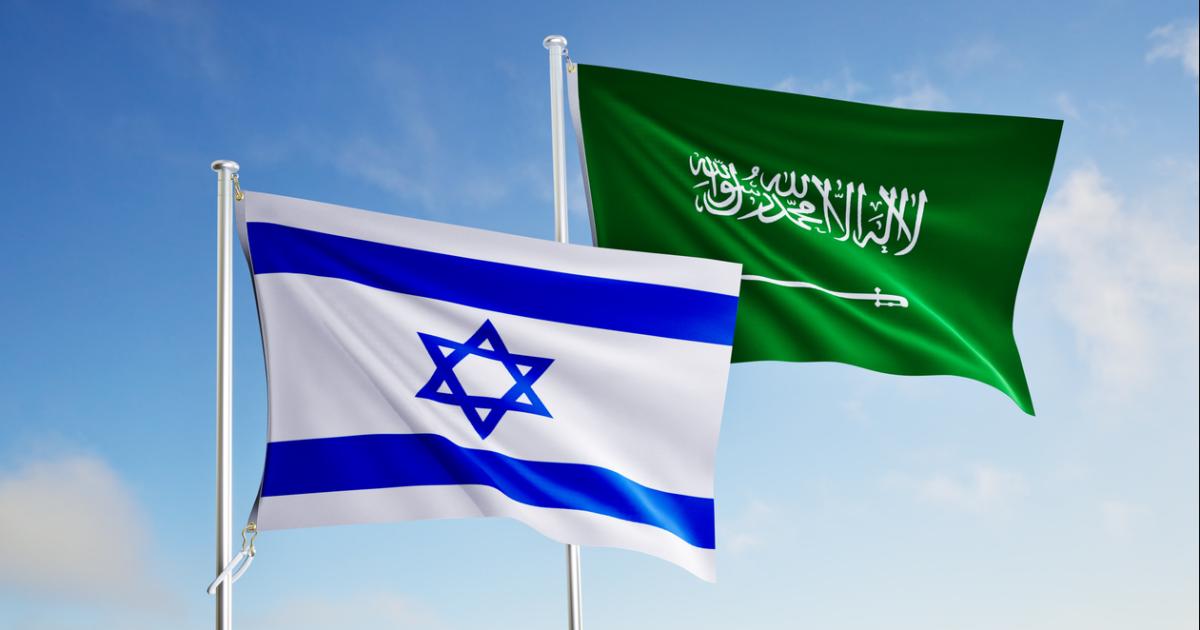- Middle East
- Determining America's Role in the World
President Trump says he wants all Middle East countries to join the Abraham Accords, which he believes will ensure peace in the region. It seems the big prize here is Saudi Arabia, which as the nominal standard-bearer for Sunni Islam, the argument goes, would bring Israel broader Arab and Islamic recognition. The question, however, is whether a normalization agreement between Riyadh and Jerusalem is in the cards, and even if it is, whether that is in fact relevant to ensuring a stable Middle East.
Saudi Crown Prince Mohammed bin Salman is scheduled to arrive in Washington in November—his first official visit since 2018. The Crown Prince’s trip comes a few months after President Trump’s historic visit to Saudi Arabia in May, as part of a tour of the Gulf that included Qatar and the United Arab Emirates. Trump’s trip reaffirmed U.S. primacy in the critical Gulf region and secured $2 trillion in investment agreements.
But circumstances have changed since that trip. One month after Trump landed in Riyadh, the U.S. joined Israel to obliterate Iran’s nuclear infrastructure. Before the U.S. jumped in, the Israelis had decimated Iran’s air defenses and much of their missile capability. The degradation of Iranian capabilities at home followed an 18-month campaign during which Israel systematically dismantled Tehran’s project in the Levant. In Lebanon the Israelis neutralized Hezbollah and decapitated its entire command structure. That, in turn, exposed the Bashar Assad regime, leading to its collapse. Hamas, meanwhile, was decimated as a fighting force. Stated differently, by the time the U.S. joined to apply the coup de grace, Israel had already secured the U.S.-led regional order.
The original purpose of the Abraham Accords was to clearly delineate the U.S.-led alliance system over and against revisionist powers in the region. Now, however, the president’s framing, as elucidated in a Truth Social post in August, is not one of containment, but of an affirmation of the alliance’s victory over Iran’s regional project. So does the victory over Iran render the Abraham Accords framework moot, if not obsolete?
Saudi Arabia’s inclusion in the Accords has been the missing piece since the signing of the agreements in 2020. The Saudis were said to have been next in line, only for the deal to be disrupted by the Trump administration’s exit and the return to power of Barack Obama’s team in the Joe Biden administration. For the next four years, the Biden team proceeded to fundamentally reframe the Accords, hollowing out their initial function as an alliance to counter Iran, and reinstating the Palestinians at the center of the framework. In fact, the term “Abraham Accords,” long-despised by the Obama crew, was replaced with “regional integration”—a term designed to eliminate any counter-Iran function and to prioritize brokering arrangements between Israel and Iranian regional holdings like Lebanon. By the time the October 7, 2023 attacks took place, the original Abraham Accords framework was long dead.
Upon his return to office, President Trump revived the possibility of a Saudi-Israel deal. “I think Saudi Arabia will end up being in the Abraham accords. … Soon. Not a very long way,” Trump told reporters at the Oval Office on his inauguration day. He would repeat this affirmation in April, ahead of his trip to the Gulf. Consequently, there was anticipation of some announcement in this direction during the president’s visit to Riyadh. But, while referencing Iran’s destabilization of the Middle East at some length, albeit accompanied by an offer for a different path forward, the president’s speech mentioned the prospect of Saudi Arabia joining the Accords somewhat secondarily, as a hope and dream for the future:
“It’s my fervent hope, wish, and even my dream that Saudi Arabia … will soon be joining the Abraham Accords. I think it’ll be a tremendous tribute to your country, and it will be something that’s really going to be very important for the future of the Middle East. … I really think it’s going to be something special. But you’ll do it in your own time, and that’s what I want, and that’s what you want, and that’s the way it’s going to be.”
It’s not clear, however, if that is indeed what the Saudis want. The Saudis did arrange for the president to meet Syria’s new leader under their auspices, which gave rise to proclamations about post-Assad Syria possibly joining the Accords. However, it’s not clear this was the Saudis’—or the Syrians’—primary concern. Furthermore, despite the opening of a Syrian-Israeli track, enthusiasm quickly cooled as tensions grew between Syria and Israel over Jerusalem’s red line in southern Syria, namely the Damascus government’s clash with the Druze. In early July, U.S. Ambassador to Turkey Tom Barrack, who handles the Syria portfolio, told The New York Times that al-Sharaa “cannot be seen by his own people to be forced or coerced into the Abraham Accords. So he has to work slowly.” American mediation continued, however, culminating in a direct meeting in Paris on August 19 between Syria’s Foreign Minister Asaad al-Shaibani and Israel’s Minister for Strategic Affairs Ron Dermer. Following the meeting, a report in the Saudi-owned Independent Arabia claimed that later this month in New York, the two sides would sign a U.S.-brokered “security agreement” which will “halt tensions between the two countries.” Echoing Barrack’s comment, the report added that Syria and Israel “will not be signing a comprehensive peace agreement in the near future.”
A crucial purpose of the Abraham Accords was to move the Palestinian file off the table. But the Biden administration reinserted the Palestinians into the framework, a move the Saudis embraced. For Riyadh, this decision achieved several objectives: 1- it got a hostile Democrat administration off their back, 2- it distinguished them from their smaller neighbors, both those who have signed agreements with Israel and those, namely Qatar, who gained prominence as preferred interlocutors with Washington since October 7, and 3- it mollified the Iranians, who, at the time, were once again being elevated regionally by the Obama-Biden team.
Perhaps counterintuitively, the changes in Washington and in the region over the past year have not led to a Saudi shift, nor are they likely to.
That the Abraham Accords barely made an appearance in President Trump’s address and overall agenda during his visit to the kingdom only underscores that Saudi Arabia can maintain its good standing in Washington, which is its No. 1 priority, without having to join the Accords. For this reason, the Saudis have been able to harden their position against Israel without fear of retribution from the Trump administration. If joining the choir of criticism against Israel under Biden bought the Saudis reprieve and functioned as the necessary price to regain if not the Democrats’ favor then at least their forbearance, then continuing to do so under Trump is simply cost free. Furthermore, in positioning themselves as the backers of a two-state solution and of reforming the Palestinian Authority for so-called “day after” plans for Gaza, the Saudis are keeping themselves in the good graces of the Democrats.
Championing a Palestinian state, in other words, allows the Saudis to carve out a position in Washington that requires the Israelis to bend to them and that edges out their Qatari cousins, Hamas’ patrons.
For this reason, the Saudis worked with France in support of a declaration at the United Nations in support of recognizing a Palestinian state—a step that France, the UK, and Canada subsequently took. The Saudis made sure to advertise their role, with one of their commentators gloating that Riyadh had “steadily reshap[ed] how Western capitals approach the Palestinian file,” and “chipp[ed] away at Israel’s … legitimacy” in the West. That’s the lead up to the trip to Washington.
Israel’s destruction of the Iranian regional project—and its nuclear program—only reinforces this Saudi posture. Now that the Israelis have achieved what Riyadh had long hoped for, the notion that the Saudis are going to fold under the umbrella of Jewish military power is fanciful. If anything, now more than ever it’s the Jews who have to appear as paying tribute to the Saudis—especially as the other major beneficiary of Israel’s historic achievement (what transpired in Syria) has been Turkey, the Kingdom’s Sunni competitor.
This posture will serve as the background for bin Salman’s trip to the U.S. in November. By being point man on a Palestinian state, the Saudis are simply making it clear that they don’t really care about a deal with Israel and that it will not have the least impact on their standing in Washington.
While Israel has toyed with the silly idea of an Arab-led force assuming some role in post-war Gaza, as far as Jerusalem is concerned, a Palestinian state is more anathema now than ever. Whatever the allure of a handshake with the Saudi Crown Prince on the White House lawn may still hold for Prime Minister Benjamin Netanyahu, the notion that Israel, which over the past two years has shown itself to be the principal security pillar of the U.S. regional order against Iranian subversion, should acquiesce to the creation of a Palestinian state as payment to the Saudis is sheer lunacy.







